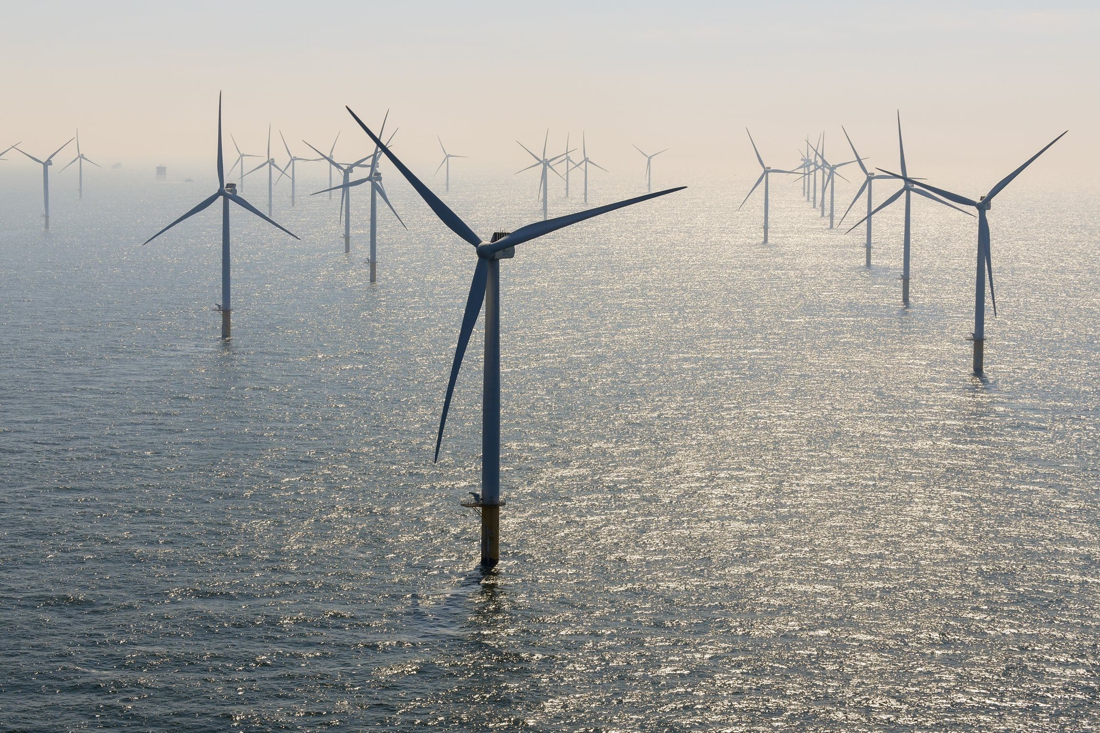The Flemish government pays 22.5 million to Denmark to avoid a European fine for a shortage of renewable energy.
–
In a European directive, Belgium, and indirectly also Flanders, has imposed a binding target for the production of at least 13 percent of renewable energy. The Flemish Region will not achieve this target by the end of 2020, warned Flemish Minister of Energy Zuhal Demir (N-VA) when she took office. According to forecasts by the Flemish Energy Agency, there is a shortage of 1.8 TWh, which equates to several hundred onshore wind turbines.
The Flemish government has now concluded an agreement with Denmark for the purchase of a so-called ‘statistical transfer’, whereby part of Denmark’s renewable energy production, which has a surplus, will be accounted for by Flanders. As a result, Flanders avoids having to pay a European fine because it does not achieve the agreed target.
‘To be clear: I would rather have invested this amount of 22.5 million euros in Flanders, especially because it concerns the settlement of commitments made without me in the past,’ says Demir. ‘It does confirm that we as Flanders must be careful when formulating unattainable objectives.’
Walloon surplus
The amount is lower than the estimate that the Serv, the consultative body of the Flemish social partners, had previously feared. Those estimates amounted to 433 million euros. The final figure for the Flemish shortages has not yet been determined and can therefore still increase. Demir has an option with the Danes to purchase additional rights after the definitive deficit has been fixed in the second half of next year.
Flanders only bought from Denmark and not from Wallonia, although that was also the case. But according to Demir, the Walloon surplus is smaller than initially estimated. The surplus will probably be used to make up for the Belgian deficit.
In any case, the money has been lost for Flemish renewable energy. By way of comparison, next year 92 million will be available from the energy budget for a new premium for solar panels, for medium-sized parks for solar panels and wind turbines, and for green and residual heat. In addition, a similar amount will come from the recovery funds.
Government of Peeters II
The targets concerned were set in 2014 by the Peeters II government (CD & V / N-VA / SP.A). The previous Flemish government reverted to its original intention to rely heavily on biomass to achieve the targets.
This created a deficit in the accounts that has never been closed, despite the campaign by former Energy Minister Bart Tommelein (Open VLD) to promote solar and wind. Even then, it was taken into account that buying renewable energy abroad would be the last option.
– .

/data/photo/2020/09/15/5f60b6ebf19ff.png)
